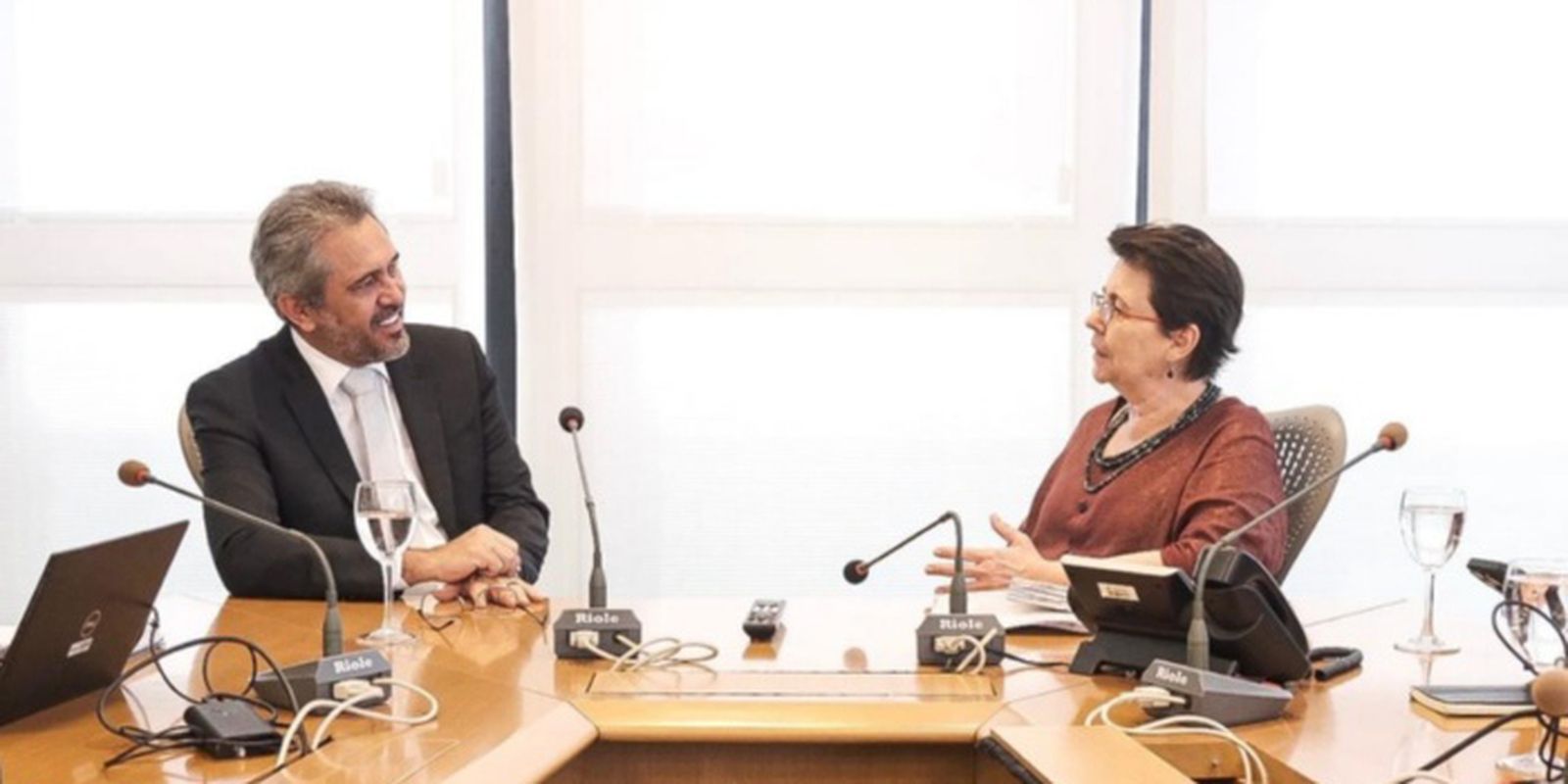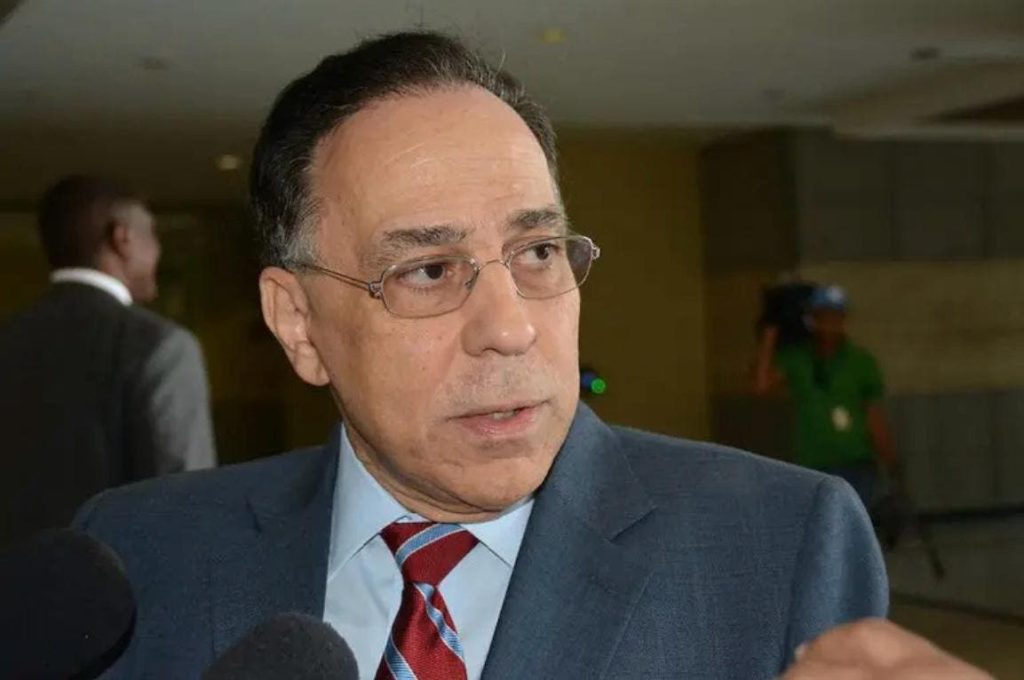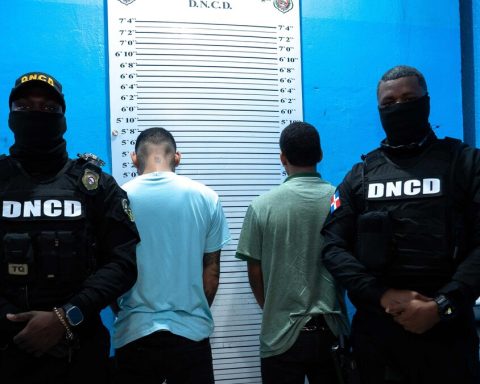The National Bank for Economic and Social Development (BNDES) and the government of Ceará signed this Wednesday (21), at the institution’s headquarters in Rio de Janeiro, a contract for the Sertão Vivo initiative, worth R$251.6 million. The resources will benefit 63 thousand families of small farmers from 72 municipalities in Ceará that present social, climatic, water or food vulnerability.
The Sertão Vivo initiative aims to improve access to water in rural production and implement Climate-Resilient Production Systems. It is a partnership between BNDES and the International Fund for Agricultural Development (IFAD), of the United Nations (UN), for projects in the semi-arid region of the Northeast. In total, R$1.8 billion will be allocated to municipalities in all states of the Northeast, benefiting almost 500 thousand families, or approximately 2 million people.
BNDES’s Socio-Environmental Director, Tereza Campello, highlighted that Ceará is the first of the nine states in the Northeast to sign a Sertão Vivo contract. “It’s R$250 million, reaching 250,000 people in rural Ceará. This project will also be a reference for the world, generating climate resilience, increasing food production, tackling poverty, and tackling the climate crisis,” she stated.
Resources
The resources for the project are made up of a reimbursable portion (financing) and a non-reimbursable portion (no payment). In Ceará, of the total approved by the Sertão Vivo initiative, R$212 million are in the form of financing for the state and the remaining R$39.6 million will not need to be paid. According to information provided by the BNDES, through its press office, the resources will allow the implementation of climate-friendly production systems, such as productive backyards and agroforestry systems with native species from the caatinga, adapted to the semiarid region, in addition to building water reservoirs for use in farming, including sidewalk cisterns, trench dams and underground dams.
The actions are aligned with the guidelines of Ceará’s Multi-Year Plan (PPA) 2024-2027 and its long-term planning (Ceará 2050), whose axes and programs emphasize the reduction of rural poverty, access to water, raising the standard of living of family farmers, socioeconomic inclusion and environmental sustainability.















